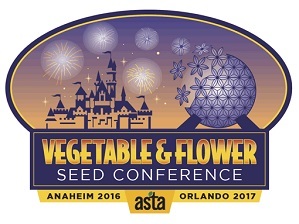Genetically modified organism (GMO) labeling remains a concern in Congress, as the laws concerning GMO labeling are scattered on a spectrum throughout the states and some lawmakers arguing they need to make the laws easier to understand and more unified across the country.
Twenty-one states have laws against labeling, and six states have introduced legislation for state laws overriding local seed laws. In New Hampshire, a bill that would have required GMO-produced foods to be labeled failed. Many of the people opposing the New Hampshire law believe it is the federal government’s responsibility and not that of the state.
The American Seed Trade Association (ASTA) is working closely with the U.S. Department of Agriculture after the USDA published a Notice of Intent (NOI) for revising biotechnology regulations. The NOI step is the first in a lengthy process to change the working definition of "biotechnology" as well as four regulatory alternatives. ASTA's Innovation in Plant Breeding Working Group is reviewing the broad definition provided in the NOI and the proposed alternatives to submit comments to the USDA on behalf of the seed industry.
At the recent Society for Range Management Convention, ASTA co-hosted an educational session on pollinators and native seed production. The session focused on communication needed between the federal government, seed companies and private landowners.
Diane Wilson from Applewood Seed spoke on seed production issues within pollinator programs. Dave Owens of Dow AgroSciences outlined Dow AgroSciences’ partnerships with the industry and natural area managers for plant materials management. The first half of the program wrapped up with Dave Gagner of the National Fish and Wildlife Foundation who spoke of the importance of public-private partnerships for pollinator programs. The second half of the program focused on sustainability of native seed production with the focus on new innovations and projects.
The ASTA Vegetable and Flower Seed Conference was a huge success with more participants than ever before with 870 registrants and 127 companies participating.




 Alerts Sign-up
Alerts Sign-up